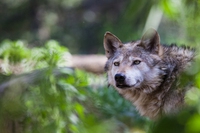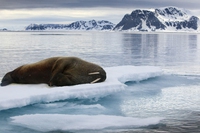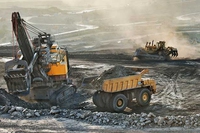
Alaa Arsheed. Let me tell you my journey from Syria to Italy through the violin
Sham is violinist Alaa Arsheed’s debut album as well as the ancient Aramaic name of the city of Damascus, the modern capital of his country, Syria. The album is an eight songs-long journey through the musician’s life, which brought him from Syria to Beirut and finally to Italy also thanks to having met Italian actor








